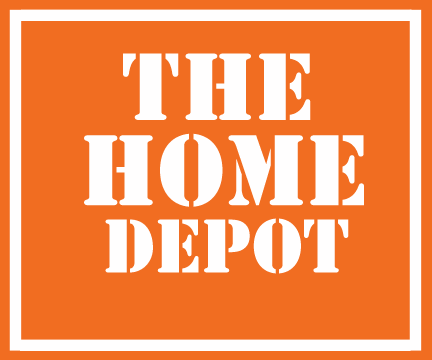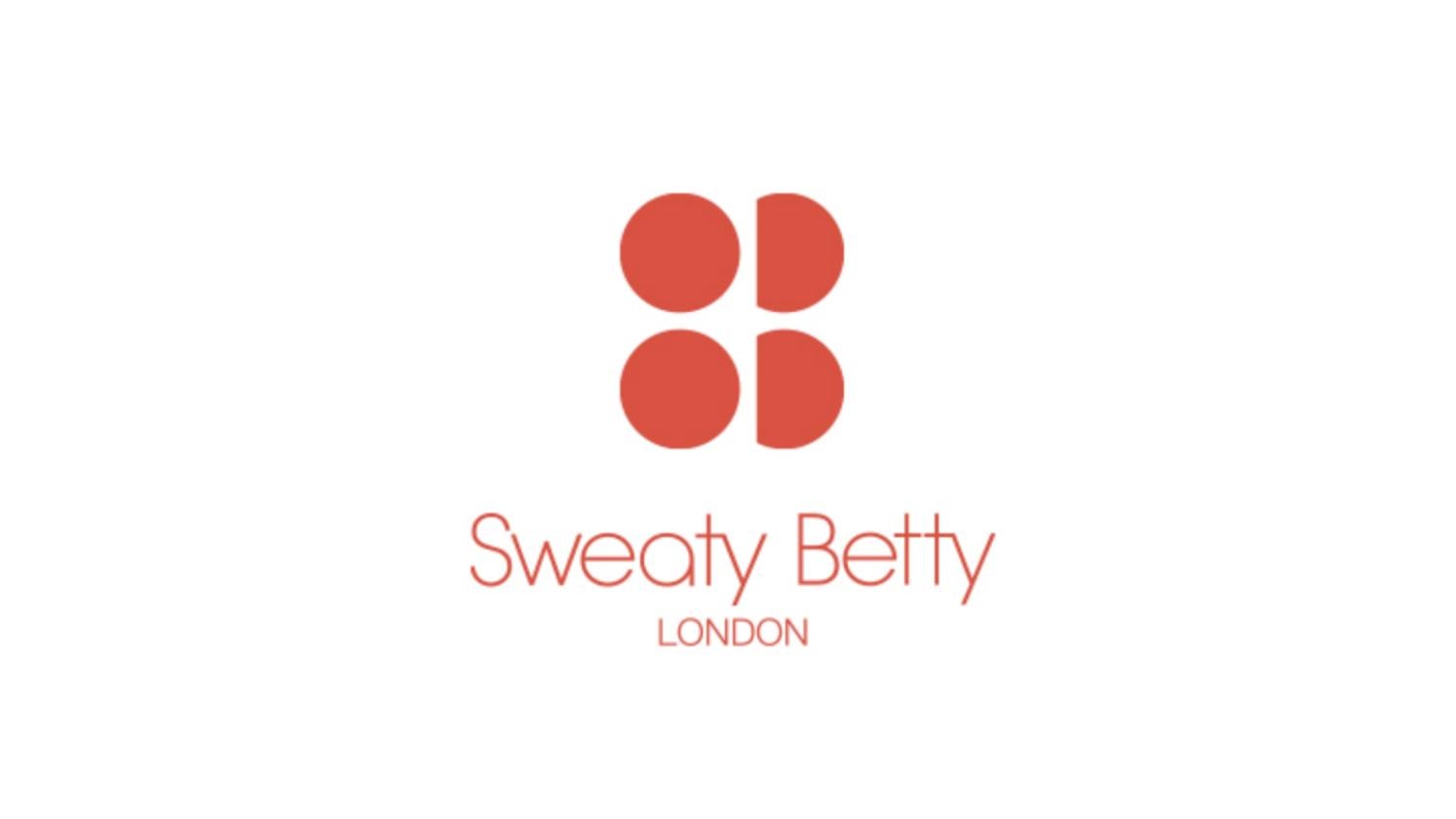
Introduction
Home decor shopping is an exciting activity that allows individuals to express their personal style and create a welcoming ambiance in their living spaces. With an abundance of online and physical stores offering a vast array of options, it's easy to get drawn into the world of home decor shopping. To sweeten the deal, retailers often provide discounts and coupons to lure customers. While these discounts can be a great way to save money, they can also lead to impulse buying.
The Psychology Behind Impulse Buying
Impulse buying is a phenomenon that occurs when individuals make unplanned purchases influenced by emotions, desires, or immediate impulses. In the context of home decor shopping, consumers may see a discount coupon and feel the need to take advantage of the deal, regardless of whether they actually need the item or not. This impulsive behavior is often driven by the fear of missing out on a good deal or the excitement of getting a bargain.
Additionally, our environment heavily influences our decision-making process. Home decor stores are designed to create a visually appealing atmosphere where products are beautifully displayed and staged. When combined with time-limited discounts, it creates a sense of urgency that can override rational thinking and lead to impulse buying.
The Role of Discount Coupons
Discount coupons play a significant role in driving impulse buying during home decor shopping. Here's how:
1. Enhanced Perceived Value: Discount coupons often create the perception that consumers are getting more value for their money. When shoppers see a product at a discounted price, they may feel that they're saving and therefore inclined to make impulsive purchasing decisions.
2. Limited-Time Offers: One of the most effective techniques used in retail is to create a sense of urgency. Discount coupons often come with an expiration date or a sales period, creating a fear of missing out. This urgency pushes consumers to make quick decisions without thoroughly considering their wants or needs.
3. Psychological Triggers: Retailers understand that certain psychological triggers can significantly impact purchasing decisions. When discount coupons are combined with visually stimulating displays, attention-grabbing advertisements, and persuasive marketing techniques, consumers are more likely to succumb to impulsive buying tendencies.
Managing Impulse Buying
While discount coupons can sometimes lead to impulse buying, there are strategies individuals can employ to manage their shopping habits more effectively:
1. Set a Budget: Before entering a store or browsing online, establish a budget and stick to it. This prevents overspending and encourages thoughtful purchasing decisions based on real needs.
2. Make a Shopping List: Create a list of the specific items you need or want for your home decor. Having a clear plan reduces the chances of being swayed by impulsive desires or unnecessary purchases.
3. Research and Compare: Take the time to research different products and compare prices before making a purchase. This helps ensure that you're getting the best deal possible and prevents impulsive buys driven solely by discounts.
Conclusion
Home decor shopping can be both enjoyable and fulfilling, but it's important to be mindful of the potential pitfalls, especially when discount coupons are involved. By understanding the psychology behind impulse buying and employing strategies to manage impulsive tendencies, individuals can find a balance between satisfying their home decor desires and making thoughtful purchasing decisions that complement their personal style and needs.



























